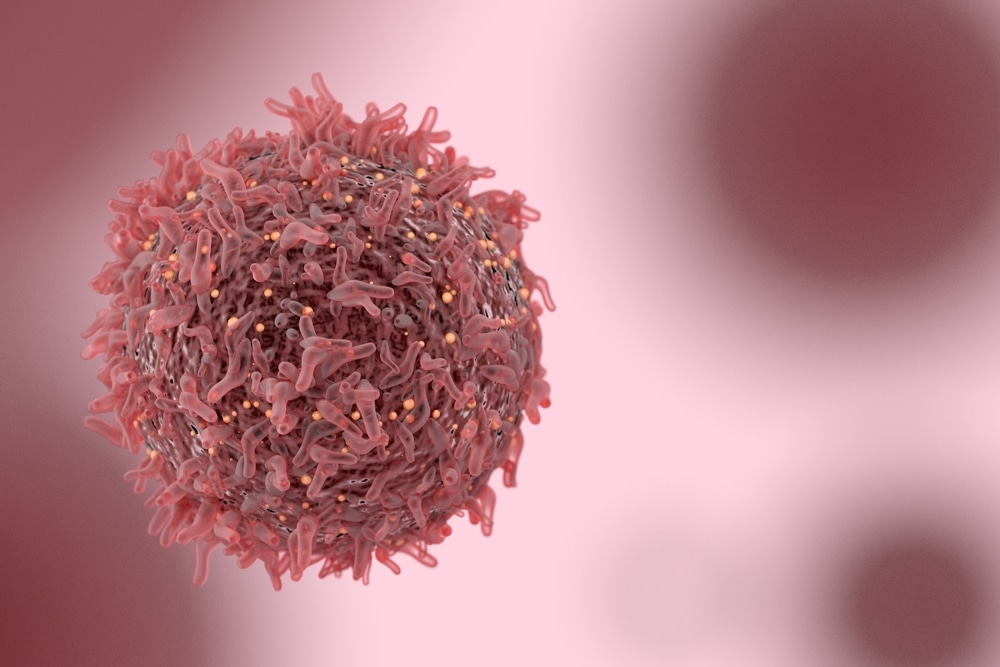Newsletter Signup - Under Article / In Page
"*" indicates required fields
A global collaboration was announced today (August 9) between Mersana Therapeutics Inc and GSK plc that will give GSK the option to co-develop and commercialize an antibody drug conjugate (ADC).
The ADC called XMT-2056 is designed to activate the innate immune system through STING signaling in both tumor-resident immune cells and in tumor cells.
Anna Protopapas, CEO of Mersana said: “GSK brings highly complementary development and commercial capabilities, a wealth of immuno-oncology experience, a deep knowledge of the STING pathway and a shared vision for XMT-2056’s broad potential.
Targeted simulation
“We believe this agreement solidifies Mersana’s position as a partner of choice during this momentous period in the ADC space and serves as validation for our Immunosynthen platform, which takes ADCs beyond the cytotoxic realm by enabling a targeted stimulation of the innate immune system.
“Additionally, the agreement structure demonstrates our ability to generate meaningful non-dilutive capital upfront to support the development of our innovative candidates while also providing the potential for meaningful downstream economics.”
In preclinical models, XMT-2056 demonstrated robust anti-tumor activity as a monotherapy in both HER2-high and HER2-low expressing models. HER-2 is the protein that helps breast cancer cells grow quickly.
Enhanced efficacy has been shown when used in combination with multiple approved agents, including trastuzumab, pertuzumab, anti-PD-1, or trastuzumab deruxtecan. Preclinical data also suggest that XMT-2056 has the potential to enable immunological memory for prolonged anti-tumor activity.
Orphan drug designation
Mersana expects to initiate a Phase 1 clinical trial of XMT-2056 to investigate its potential in a range of HER2-expressing tumors such as breast, gastric and non-small-cell lung cancers. The U.S. Food and Drug Administration (FDA) recently granted an orphan drug designation to XMT-2056 for the treatment of gastric cancer.
John Lepore, senior vice president of research, at GSK, said: “Our goal is to bring transformational treatment options to patients with cancer, so we are pleased to be able to enter into this agreement for XMT-2056. Its preclinical data demonstrate how it might work to harness the immune system by activating the STING pathway, and its differentiated mechanism of action offers the potential for additional clinical benefit in patients with HER2-expressing tumors.”
Under the terms of the agreement, Mersana will receive an upfront option purchase fee of $100 million. Mersana also is eligible to receive up to $1.36 billion in the form of an option exercise payment and development, regulatory and commercial milestone payments if GSK exercises its option.
Tiered royalties
Mersana has retained options to profit-share and to co-promote in the U.S. If it exercises its profit-share option, Mersana will be eligible to receive tiered royalties on net sales outside of the U.S. If Mersana does not elect to profit-share, it is eligible to receive double-digit tiered royalties on global net sales.
If GSK opts into the license, the effectiveness of the license grant may be subject to customary closing conditions, including review under the Hart-Scott-Rodino Act.
Oncology R&D trends and breakthrough innovations







